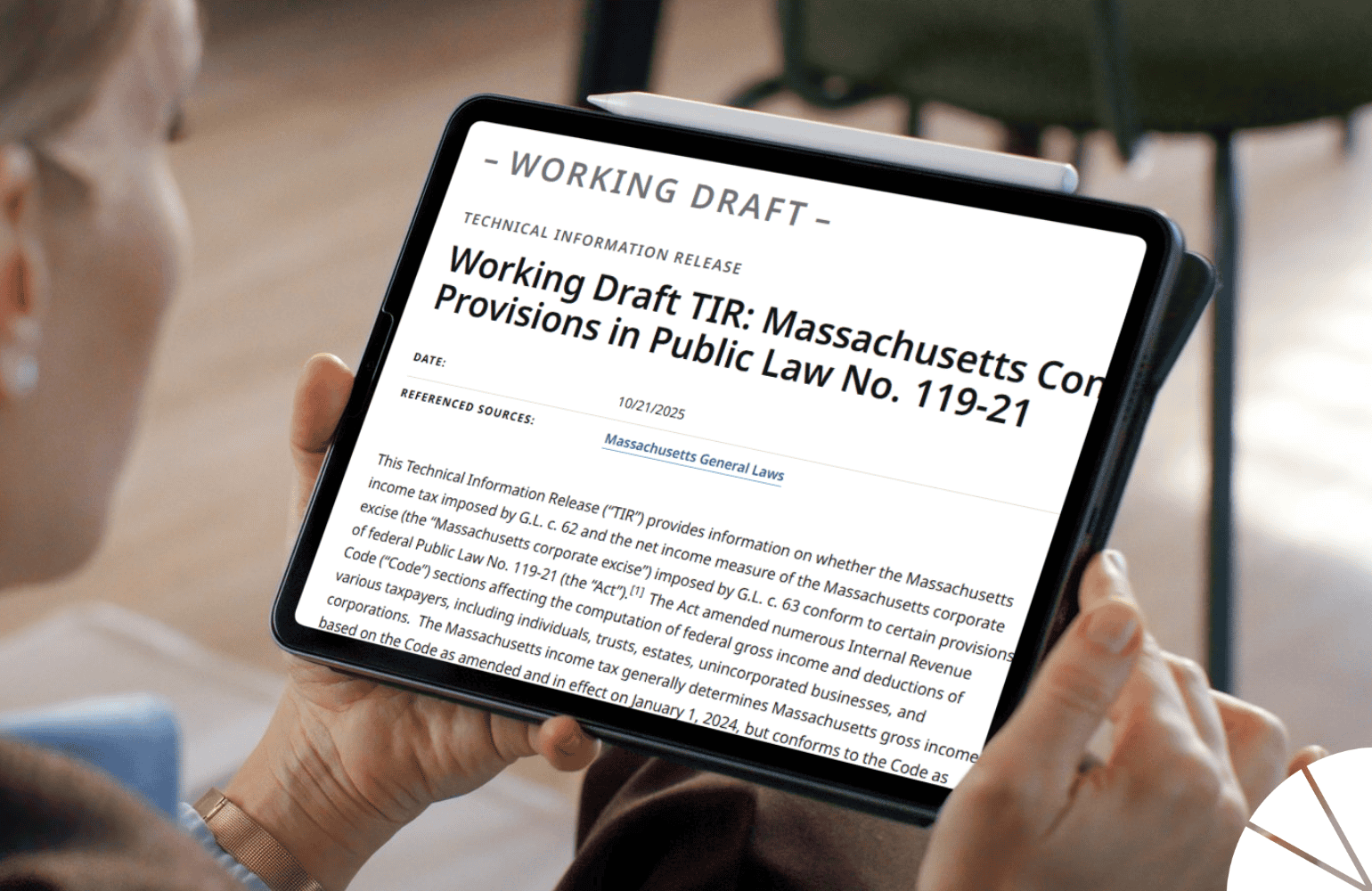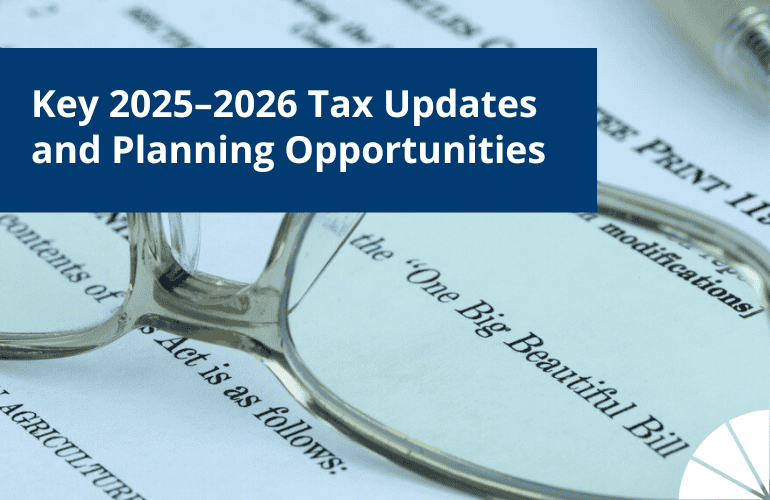
For this article LGA partner Matt Touma, CPA interviewed LGA manager Daniel Paré, CPA about implementing internal controls for small businesses. They discuss controls small businesses can put in place to help prevent fraud and ensure sound financial reporting.
1. Hi Dan, thank you for joining me for this interview about internal controls for small businesses. So just to start, why is it important for any type of business to have strong internal controls?
Internal controls are essential for any company or organization to have in place. One main reason is to ensure that you have strong financial reporting. Secondly, strong controls help make sure that fraud does not occur.
2. So, it’s vital for businesses big and small to have strong internal controls in place, especially surrounding fraud concerns?
Yes, so, it can be difficult for a small organization to implement strong controls, given the size of their finance & accounting departments. However, there are still ways for them to implement control despite their size.
3. Yeah, which makes sense. More hands mean more people to do the checks and balances on each other, which equates to better controls. However, for smaller businesses that don’t have that luxury, what are some things that they can do to strengthen their internal controls?
One key cycle that’s important for small businesses to really wrap their hands around with strong controls is their cash disbursement and expense cycle. The reason for that is because there’s cash going out the door. You do not want to have just a check stamp where the person cutting checks is not accountable to anyone.
You want to ensure that somebody is authorizing the checks and that there’s proper segregation between who’s recording and authorizing transactions. Implementing just this one control can help small businesses avoid a slew of problems.
4. Yeah, that makes a lot of sense. Obviously, money going out the door of the business you want to make sure it’s going to the right place. So cash disbursements are definitely priority one. Are there any other cycles that you need to keep an eye on as far as controls go for small businesses?
Cash receipts and revenue cycle are other cycles that you should have strong controls around. Just like for cash disbursements you want to make sure that there’s segregation. Segregation is really the key term for small businesses putting in controls. Fraud is much easier to commit if one person is accepting checks, recording transactions, and making payments.
This means if you have a smaller operation you may need to get creative to enact these controls. It might mean pulling in higher-level employees just to do a high-level check or read the bank statement. Even if you are limited on resources providing an extra set of eyes can be essential.
5. So Dan, would you agree that although it might take a few extra steps, it is possible for small businesses to put in place strong internal controls?
It is 100% possible. We work with a lot of smaller businesses and organizations, even though their departments are relatively small, we have helped them implement strong controls like the ones we discussed to prevent fraud and incorrect financial reporting.
The Audit & Assurance team at LGA is well-equipped to help implement strong internal controls at your business. If you have any questions about the internal controls at your business please contact me today.
by Matt Touma, CPA, MSA & Daniel Paré, CPA

Matt Touma is a partner at LGA and leads the Audit and Assurance Team, leveraging years of servicing and advising owner-managed businesses. He brings a well-rounded skill set to his engagements, having managed both the A&A and tax compliance of his engagements. Matt focuses on ensuring that each client’s unique needs are being addressed. He stays abreast of changes in the accounting standards affecting his clients and works with their management teams to ensure they are timely in adopting the appropriate changes while effectively educating them on how they affect the company and related constituents, such as investors and lenders.






